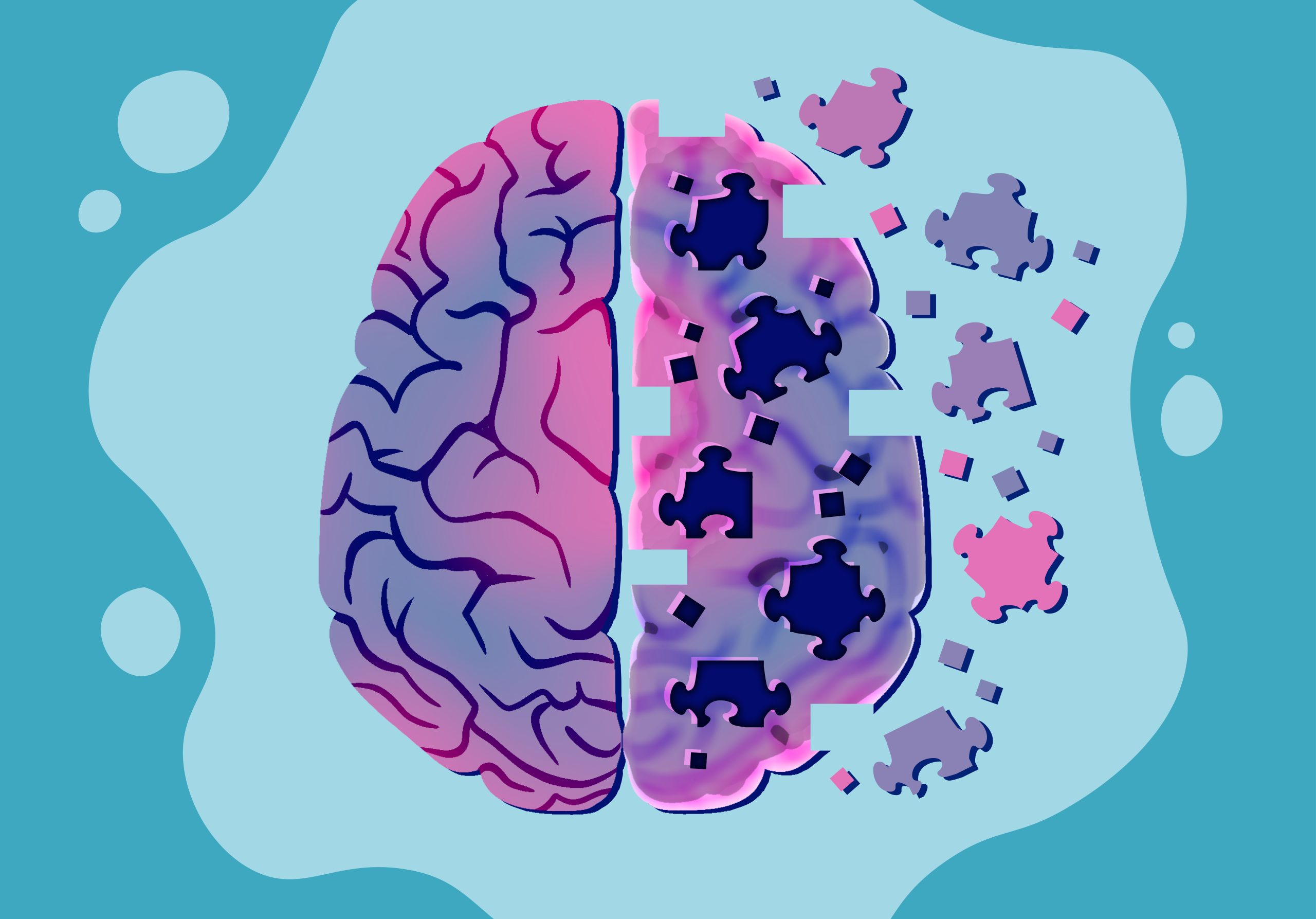Anatomy of the United Nations:
The General Assembly: Comprised of delegates from all 185 member states, each of which has one vote and the right to discuss all matters within the scope of the U.N. charter. Resolutions drafted in the general assembly require a two-thirds majority to pass and determine the policies and programs carried out by the U.N. Secretariat.
The Security Council: Primarily responsible for maintaining peace and security. The council has the right to authorize coalitions of member states to use sanctions, mediation or military force to resolve conflict.
Fifteen members sit on the council, but only five are permanent members: Britain, China, France, Russia and the United States. Decisions require nine votes to pass, but any of the five permanent members have the power of veto.
The Economic and Social Council: Oversees U.N. activities relating to economic growth in developing nations, human rights, housing, family planning, environmental protection and crime.
Fourteen specialized agencies — including the International Labor Organization and the U.N. Development Environmental programs — are linked to the Economic and Social Council.
The Trusteeship Council: The council’s task expired in 1994, when the last of the U.N. trusteeships –former colonies or occupied territories — attained self-government or independence.
The International Court of Justice (ICJ) recently established the International Criminal Court (ICC) on July 17, 1998. Whereas the ICJ presides over disputes between countries, the ICC can try individuals, regardless of nationality, for the most serious offenses of global concern.
Crimes within the jurisdiction of the ICC are genocide, war crimes, and crimes against humanity — most notably, international criminal tribunals established in The Hague for war crimes in Rwanda and Bosnia. Decisions require a two-thirds vote from the court’s 15 judges.
The Secretariat: Administers programs set forth by the other five organs and is headed by the Secretary General (currently Kofi Annan). It has a staff of more than 25,000 from 160 countries.










